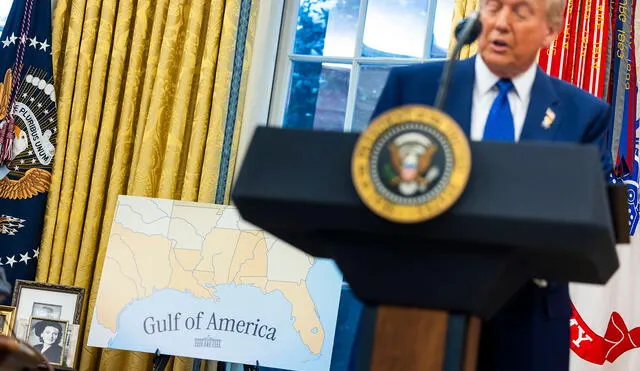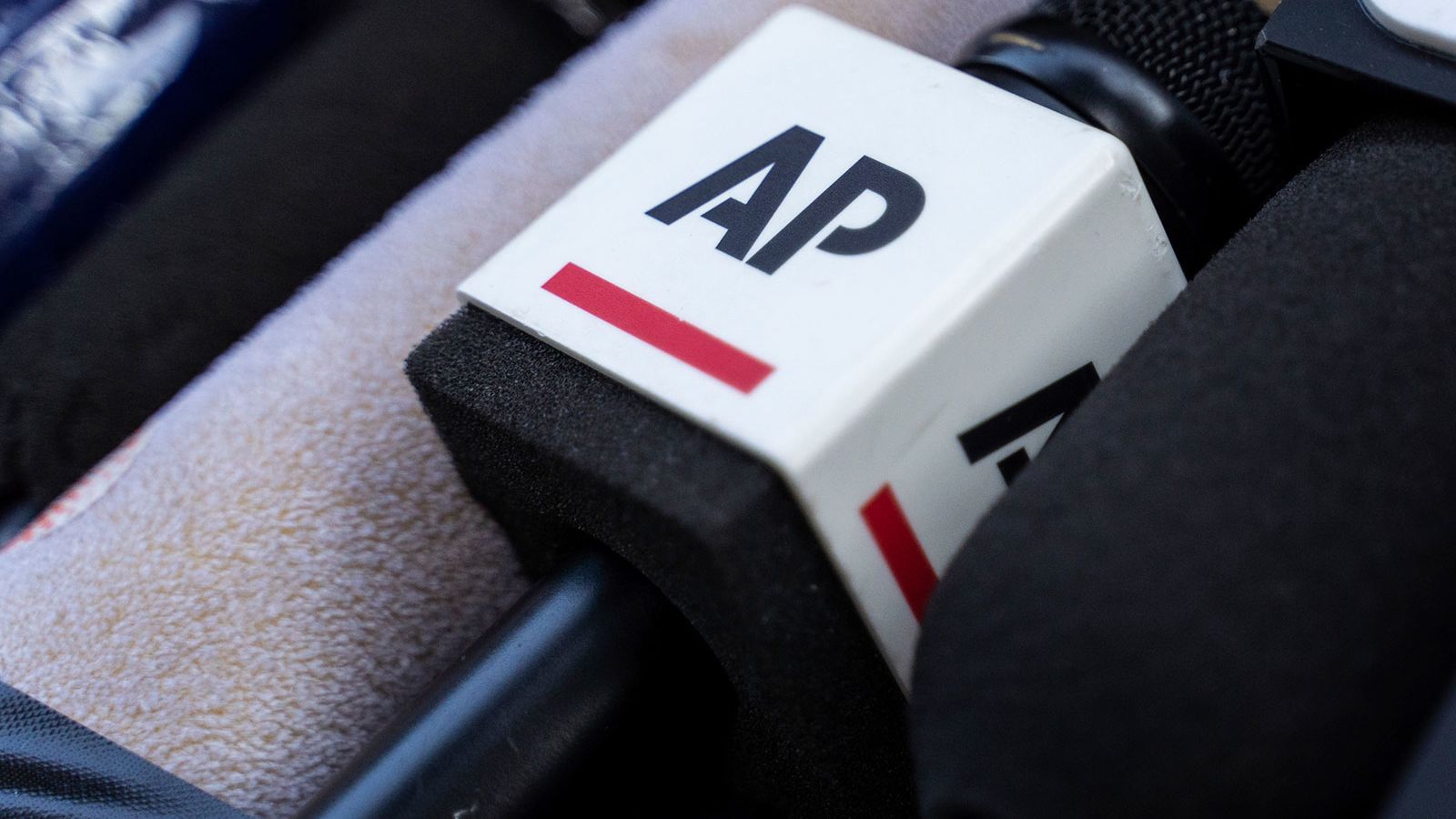Federal judge upholds White House ban on Associated Press over “Gulf of America” naming dispute
A federal judge upheld the White House’s decision to bar Associated Press (AP) from events after the agency refused to use “Gulf of America” instead of “Gulf of Mexico,” sparking a legal battle over press freedom.

A recent federal court ruling has sparked a new debate on press freedom in the United States. The Trump administration has restricted Associated Press (AP) access over a controversial naming dispute regarding the "Gulf of Mexico." This conflict has escalated to federal courts, raising concerns about the balance between executive power and constitutional press rights. It got worse when AP filed a lawsuit against three White House officials in Washington claiming that the exclusion of its journalists violates the First Amendment of the Constitution, which guarantees free press and free speech.

The AP says it was blocked from the Oval Office over continuing to use 'Gulf of Mexico'. Photo: CNN.

ALSO SEE: Trump asserts Ukraine war could end 'within weeks' as Putin hints at willingness for peacekeepers
Judge upholds White House’s decision
Federal Judge Trevor McFadden, appointed by former President Donald Trump, denied AP’s request to immediately restore its full access to presidential events. The news agency had been barred after refusing to use the term "Gulf of America," a name change mandated by Trump’s executive order that replaced the traditional "Gulf of Mexico." According to AFP, the appeal filed by the news agency alleges that “the Constitution does not allow the government to control the free press”. “The press and all people in the United States have the right to choose their own words and to be free from government reprisals,” it adds in another of its paragraphs.
As mentioned, AP argued that the exclusion violated the First Amendment, which protects press freedom. However, McFadden ruled that AP failed to prove irreparable harm that would justify immediate judicial intervention. Despite his ruling, the judge urged the White House to reconsider, calling it “problematic” to single out a media organization.
:max_bytes(150000):strip_icc():focal(999x0:1001x2)/Donald-Trump-021425-1-acbc5bc8b2fc4a188d08c983ed030b59.jpg)
Trump White House Bans AP from Oval Office over 'Gulf of America' Coverage. Photo: People.com.
The controversy behind the ban
The dispute began when Trump signed an executive order renaming the "Gulf of Mexico" as the "Gulf of America." AP chose to maintain the traditional name in its reporting, leading to restrictions on its journalists’ access to key events, including the Oval Office and Air Force One. In response, AP sued three top White House officials, arguing that the ban was unconstitutional retaliation.
The case has drawn widespread attention, with press advocacy groups warning that it could set a dangerous precedent for government-media relations. Also said it would continue to refer to the "Gulf of Mexico" by that name. As a global news agency, they stress that it must ensure that place names and geography are easily recognizable to all audiences. In its style manual, AP notes that the name "Gulf of Mexico" was used for “more than 400 years” and emphasizes that it “will refer to it by its original name while recognizing the new name chosen by Trump.”











